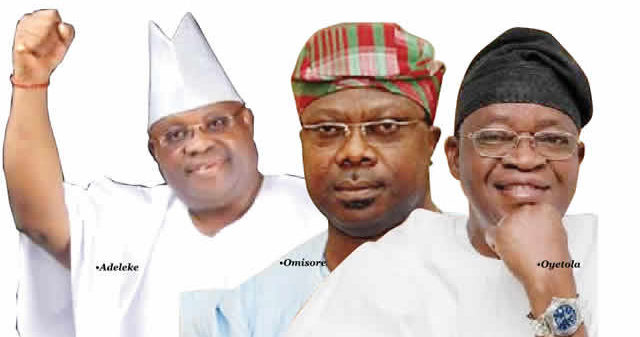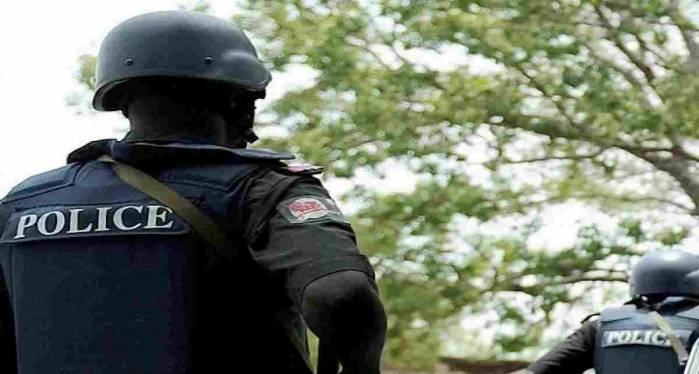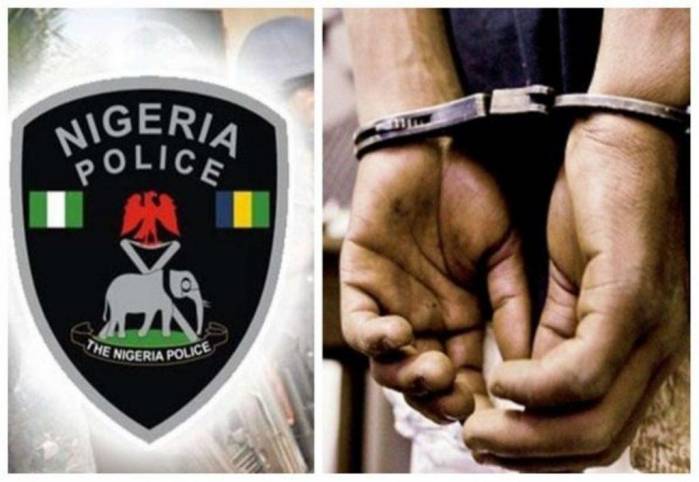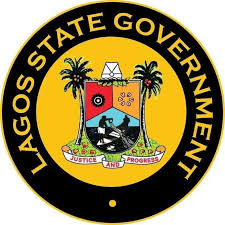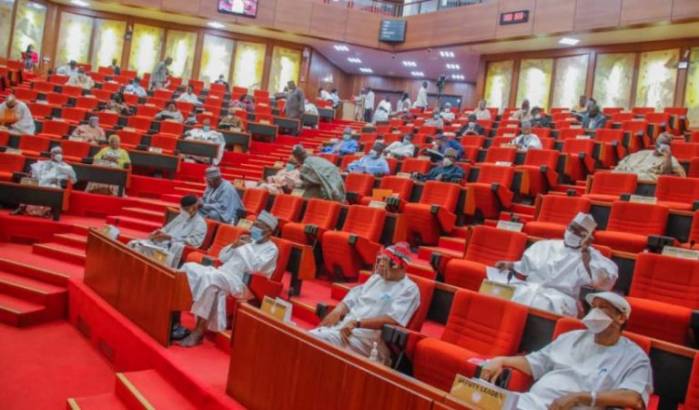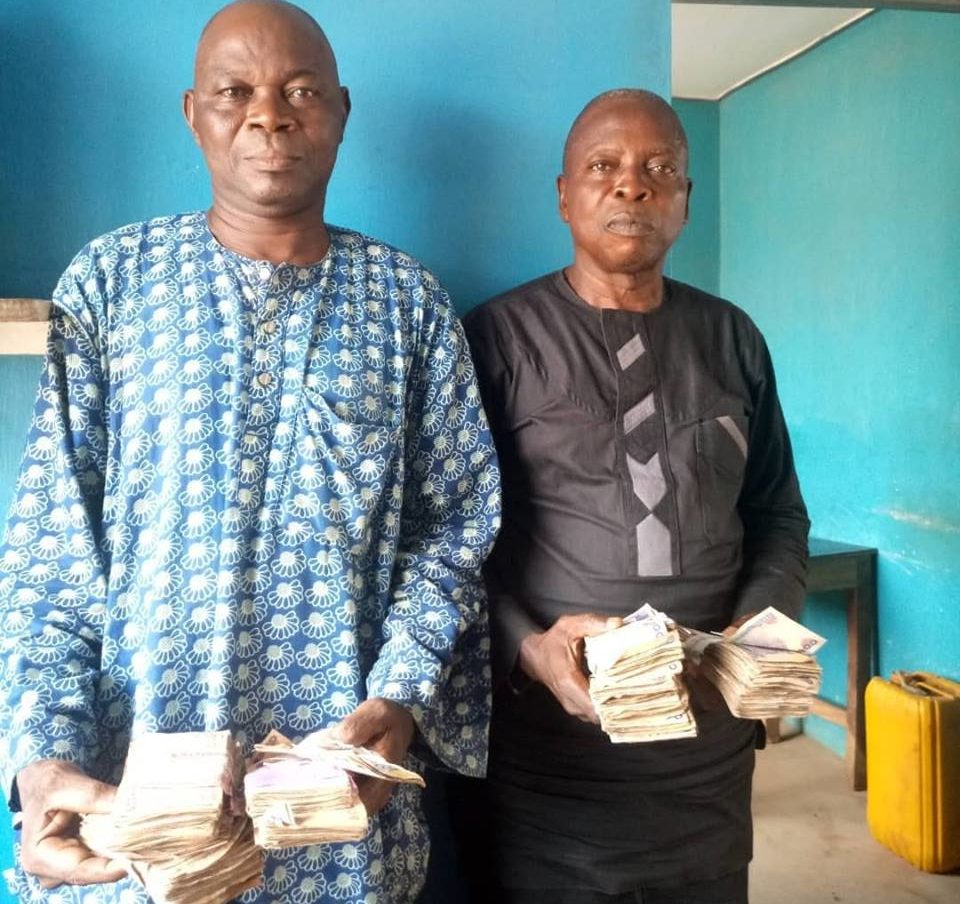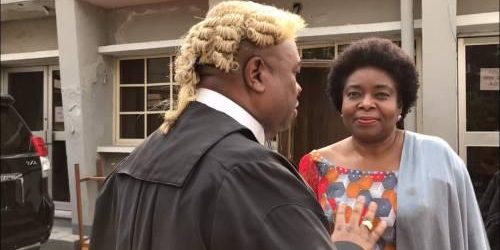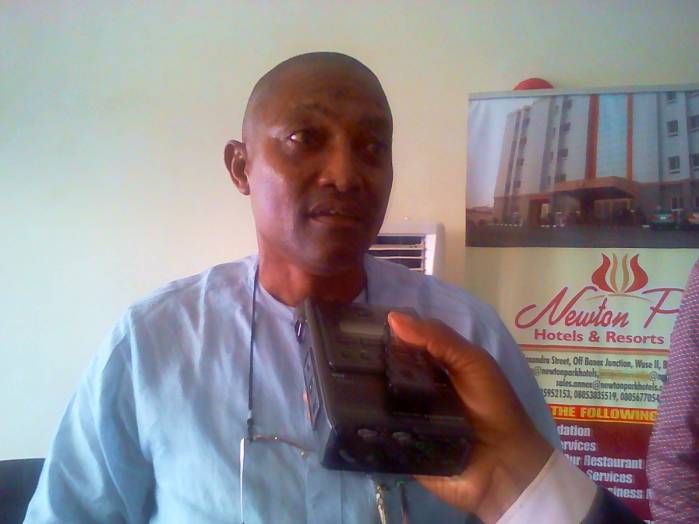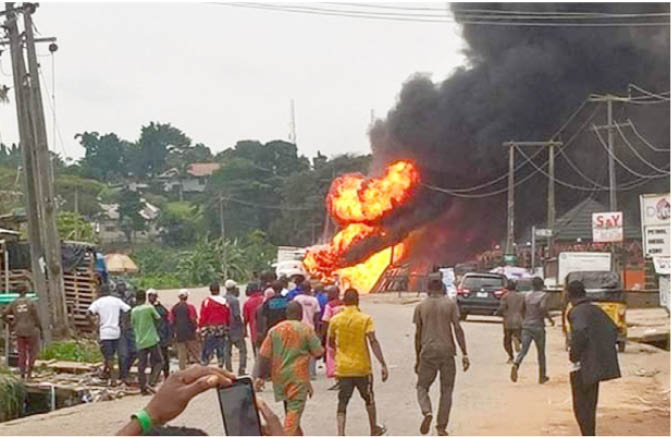All eyes are on Osun State today as the governorship election holds.
The people of the state will troop out to vote for the leader of their choice.
Whoever emerges the winner in the contest will take over from Governor Rauf Aregbesola and lead the state for the next four years.
Although no fewer than 48 candidates of different parties were registered for the election, five of them are considered to be in the forefront.
They are Gboyega Oyetola of the All Progressives Congress (APC), Iyiola Omisore of the Social Democratic Party (SDP), Moshood Adeoti of the African Democratic Party (ADP), Ademola Adeleke of the Peoples Democratic Party (PDP) and Fatai Akinbade of the African Democratic Congress (ADC).
Ahead of the election, the Nigeria Police Force has unveiled its security arrangement for a peaceful exercise.
The Inspector General of Police, Ibrahim Idris, declared that no fewer than 300 patrol vehicles, 30 Armoured Personnel Carriers and two surveillance helicopters had been deployed.
He said in addition, a curfew would begin midnight on Friday, September 21 until the end of the election.
The security arrangement, it was revealed, would be coordinated by the Deputy Inspector General of Operations.
He would be assisted by an Assistant Inspector-General of Police and eight commissioners.
Also, operatives of the Force Criminal Intelligence and Investigation Department (FCIID), IGP Monitoring Unit, were said to have been on ground to prevent and arrest anyone involved in vote buying days before the exercise.
The Independent National Electoral Commission, INEC, had expressed its readiness for the exercise days before.
According to the Resident Electoral Commissioner (REC), Segun Agbaje, the commission had carefully produced a credible register of voters made up of 807, 598 (48%) male and 874, 897 (52%) female voters.
He disclosed that no fewer than 1,246,915 voters had collected their permanent voter cards (PVCs).
Stressing the independence of INEC, he said it was not true that the PVCs were released to a particular political party to be used by their supporters.
He said the PVC could only work where it was issued.
“So, it is funny when we hear such thing that we have given the remaining cards to some politicians. It is not true,” he said.
He added that smart card readers for the exercise had been enhanced and other necessary arrangement to ensure that the exercise is peaceful had been made.
He said part of the efforts to prevent vote buying was the restriction on the use of smart phones during the election.
“What we said was that no phone will be allowed into the voting cubicles. This is part of efforts to curb the embarrassing menace of vote buying. We are of the strong opinion that once it becomes difficult for voters to prove who they voted for in order to be paid by unscrupulous politicians, it will become unattractive for politicians to promise cash in return for votes. We didn’t say people should not come to polling units with their phones. That was just a deliberate misrepresentation of our position by those who want us to change our stand on it,” Agbaje said.
In the same vein, the Economic and Financial Crimes Commission, EFCC, said it was ready to arrest anyone involved in vote buying.
